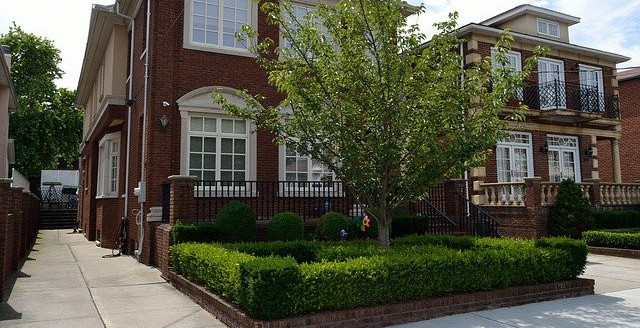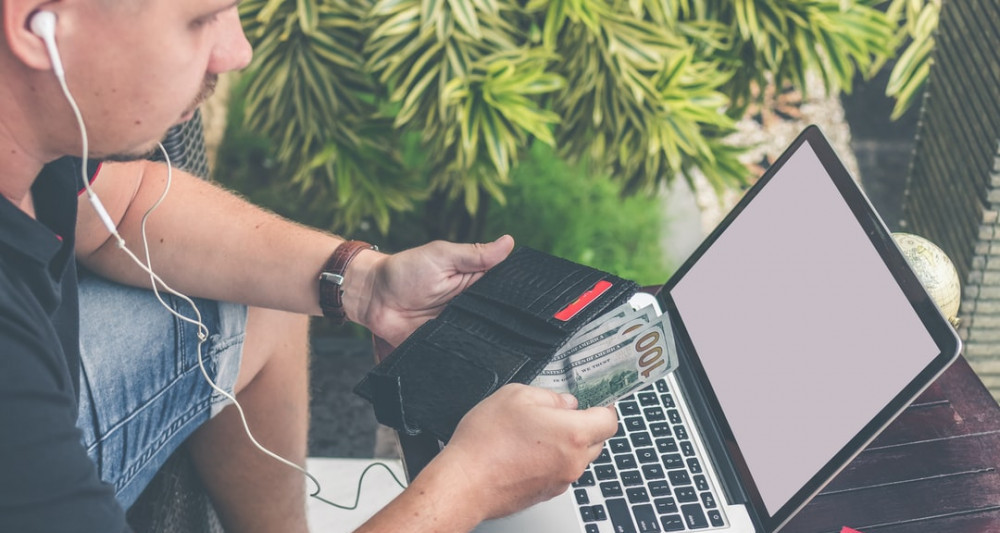How Does Compound Interest Work?

While managing your finance, compound interest is one of the most important concepts to understand. Compound interest on your savings will help you earn more returns, but on a loan, it will work against you!
What is compound interest?
First, you all maybe knew that interest means the money earned on money you saved or invested.
Compounding interest is the process of growing your savings. It has the ‘snowball effect’ and means something can build upon itself. Compound interest refers to the interest earned on money that was previously earned as interest. This cycle caused increasing interest and account balances at an increasing rate, which is also called ‘exponential growth.’ It is a good way to put your money to work overtime.
How does compound interest work?
To understand compound interest let’s start with the simple interest: you deposit money in the bank, and it returns you interest on your primary deposit.
In the case of 5% annual interest, you will gain a $5 on $100 deposit after one year. So, what will happen in the next years? Here is the compound interest that comes in. you will get interested in your primary deposit, and will also get interested in the interest you just receive.
Accordingly, you will receive more interest in the second year compared with the first year, since your account balance is now $105, not $100. Although you did not increase your initial deposit, your earnings will accelerate.
First-year: A primary deposit of $100 receives 5% interest, or $5, increasing your balance to $105.
Second-year: Your $105 receives 5% interest, or $5.25, increasing your balance to $110.25.
Third-year: Your $110.25 receives 5% interest, or $5.51, increasing your balance to $115.76.
It was an example of interest compounded yearly. Interest at many banks, especially the online ones, compound daily and get added to your initial deposit monthly; therefore the process goes ahead even faster.
This post contains affiliate links. Please please read my Disclaimer for more information
Take advantage of compound interest
Do you want to be sure if compounding works out in your favor?
- Save early and often. Time is the friend of compounding interest. Since the compound interest grows exponentially over time, the longer you do not touch your money in a saving account, the greater it can grow. If you add a $100 deposit per month at 5% interest (compounded monthly) for five years, you will have $6,000 deposits, plus received $800.61 in interest. Even if you do not add up any money to your deposit after that, your account will receive an additional $7,573.87 in interest after 20 years. This will be more than your primary $6,000 due to compounding.
- To see the true annual rate of compounding, you can check out the APY (annual percentage yield). Banks usually publicize the APY, so you can easily find it. If you have an extremely large account balance you should try to get decent rates on your savings.
- Pay debts quickly and pay extra if you can. Paying the minimum on your credit cards will cost you too much since you will hardly reduce the interest charges and your balance can grow. If you have student loans, prevent adding unpaid interest charges to the balance total and try to pay the interest as it accrues. This way you will not be caught off guard when graduating.
- Keep borrowing rates low. The interest rates on your loans, besides that impact your monthly payment also will determine how quickly your debt grows. See if it is possible to merge debts and lower your interest rates when you pay off debt.
What makes compound interest powerful?
When interest is paid repeatedly, compounding happens. The first one or two years are not very impressive, but compounding starts to improve after the interests add up over and over.
Frequency: The frequency is very important in compound interest. More frequent periods such as daily, have more surprising results. Look for daily compounding while opening a saving account. Although you see the interests add to your deposit monthly, it calculates daily. There are also accounts with monthly or annually calculating interest.
Time: Compounding is more surprising over a long time. If you left your deposit for a long time to grow, you will earn higher calculated interest.
Interest rate: One of the significant factors in your account balance over time is the interest rate. Your account will grow faster in case of having higher rates. An account with compounding but a lower interest rate, especially over a long time, can end up with a higher balance compare with a simple account.
Deposits: Withdrawals and deposits also impact your account balance. Leave your money alone to grow or add a new amount of money to your initial deposit regularly works best. If you withdraw your interests, you will decrease the effect of compounding.
Compound interest works both ways. It can make you, and it can break you. If you owe money, the compound interest on your debt can ruin you. As a result, many people keep paying the bill with high interest. Despite numerous payments, the balance of the bill barely goes down because high interest on the balance continues to compound. Sometimes, it feels as if it’s important to pay the balance off.

Conclusion
The power of compound interest can be hard to understand. This article provides you with a few situations to show the impact compound interest can have over time. Set a time sooner to open a saving account with compound interest, and then you will have more time for compound interest to work in your favor.
“If you have any feedback about how does compound interest works that you have tried out or any questions about the ones that I have recommended, please leave your comments below!”
NB: The purpose of this website is to provide a general understanding of personal finance, basic financial concepts, and information. It’s not intended to advise on tax, insurance, investment, or any product and service. Since each of us has our own unique situation, you should have all the appropriate information to understand and make the right decision to fit with your needs and your financial goals. I hope that you will succeed in building your financial future.

















